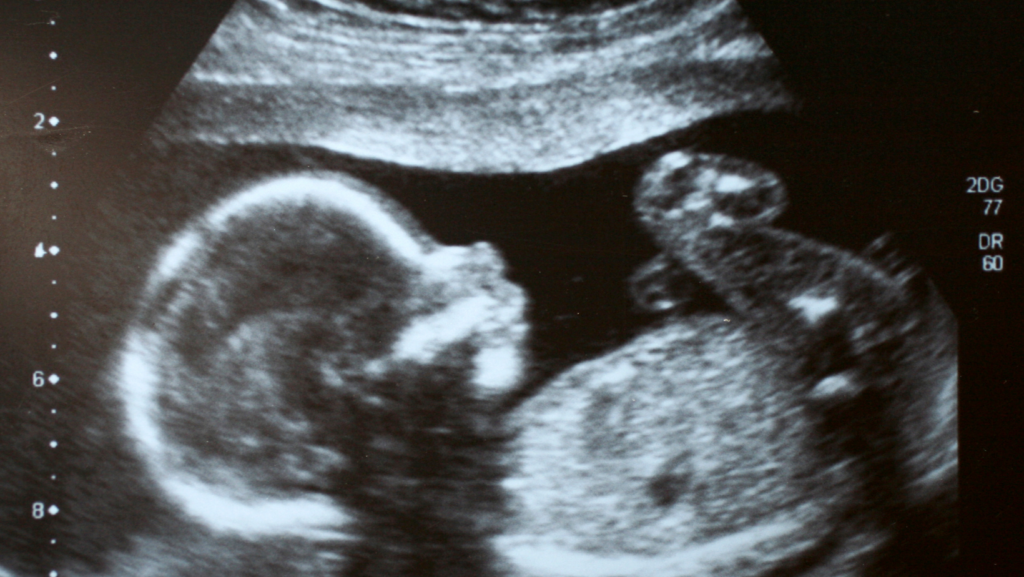Nervous About Being Pregnant?
If you’re pregnant, it’s normal to feel a little anxious. After all, you’re responsible for another human being growing inside you! But try not to let your fears get the best of you. Here, we’ll discuss the most common pregnancy-related worries expectant mothers experience.
One of the most common fears expectant mothers face is that something will go wrong during the pregnancy or delivery. While there is the potential for anything to happen, it’s important to remember that most pregnancies and births go smoothly. In fact, the March of Dimes reports that nine out of ten babies are born healthy.
Another common fear is that the baby will have a congenital disability. While it’s true that congenital disabilities do happen, they’re pretty rare. Per the CDC, roughly three percent of babies are born with a congenital disability yearly in the United States.
Some expectant mothers worry about miscarrying. While it’s true that miscarriages can and do happen, according to the American College of Obstetricians and Gynecologists (ACOG), only about ten percent of pregnancies end in miscarriage. And with better access to prenatal care and technological advances, the number of miscarriages is declining.
It’s also common for expectant mothers to worry about preeclampsia. Preeclampsia is a condition that can occur during pregnancy, characterized by high blood pressure and the presence of protein in the urine. While it can be severe, it’s important to remember that you can treat it. Most women who have preeclampsia go on to have healthy babies.
Finally, many expectant mothers worry about going into labor. While labor is painful and can be unpredictable, it’s important to remember that women go through it every day! And with pain medication and support from family and friends, many women find the experience empowering and gratifying.

The Importance Of De-Stressing During Pregnancy
Not only can pregnancy-related fears and anxiety be debilitating, but studies have shown that stress during pregnancy can impact the health of both mother and child.
One study published in the journal Biological Psychiatry found that pregnant women who reported high-stress levels were likelier to have babies with smaller heads. Infants with smaller heads are at a higher risk for developmental delays and learning disabilities.
Other studies linked pregnant women who experienced high-stress levels were more likely to have children who were obese or overweight.
So, what approaches can you take to reduce stress during pregnancy? Here are a few tips:

Get Regular Exercise
Exercise releases endorphins, which have mood-boosting effects. Low-impact workouts like walking, swimming, and yoga are particularly beneficial for pregnant women. Not only does staying active help to reduce stress, but it can also help to improve sleep quality, reduce fatigue, and increase energy levels.
Eat A Healthy Diet
Eating nutritious foods helps to keep energy levels up and supports a healthy pregnancy. So don’t forget to include plenty of fresh or frozen fruits, vegetables, whole grains, and lean protein in your diet. And limit sugary and low-nutrition foods like candy, cake, and chips. Not only does this help to curb unhealthy weight gain, but it can also help to improve mood and reduce stress levels.
Get Plenty Of Sleep And Rest
During pregnancy, you need to get more rest than usual. Be sure to get at least eight hours of sleep each night and take naps during the day if possible. Getting enough rest helps to improve energy levels and reduces fatigue, which can help reduce stress.

Connect With Loved Ones
Spending time with family and friends can help to reduce stress levels. Whether you meet up for coffee, go for a walk, or chat on the phone, quality time with loved ones can help to boost your mood and reduce anxiety.
Seek Professional Help
If you’re struggling to cope with stress, don’t hesitate to seek professional help. A therapist or counselor can provide support and guidance during pregnancy and after the baby is born.
Remember, you are not alone!
Pregnancy can bring with it uncertainty and stress for many expectant mothers. But it’s essential to remember that most pregnancies progress without any complications. And by taking extra care of yourself during this vulnerable time, you can help to reduce stress, promote a healthy pregnancy, and ensure a healthy baby.
While the next few months may have plenty of “unknowns” ahead, enjoy the ride and focus on the positive aspects. And take comfort knowing you don’t have to face pregnancy alone – help is available if you need it. (419) 241-9131






